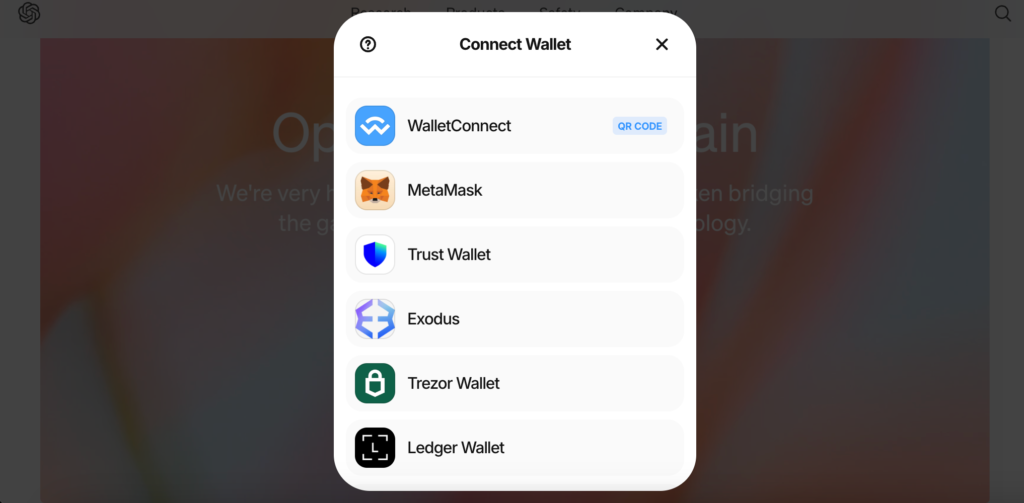OpenAI’s official press account on X has reportedly been compromised by cryptocurrency scammers, continuing a troubling trend that has targeted the company’s leadership in recent months.
Phishing for Tokens
On Monday afternoon, the newly created OpenAI Newsroom account, intended to highlight product and policy announcements, shared a post about a purported new OpenAI-branded blockchain token, “$OPENAI.”
The post stated:
“We’re very happy to announce $OPENAI: the gap between AI and blockchain technology. All OpenAI users are eligible to claim a piece of $OPENAI’s initial supply. Holding $OPENAI will grant access to all of our future beta programs.”
However, the $OPENAI token does not exist. The X post linked to a phishing site designed to imitate the legitimate OpenAI website, albeit with the clearly incorrect URL “token-openai.com.” A prominent “CLAIM $OPENAI” button on the fake site urged users to connect their cryptocurrency wallets, likely aiming to steal their login credentials.

As of the time of publication, both the fraudulent post and the phishing site remained active, alongside a repost promising “further information” about the token to be shared later in the week. Additionally, comments on the malicious X post were disabled, obscuring the hack’s visibility.
Previous Compromises
We have reached out to both OpenAI and X for comments regarding the incident and will update this article as more information becomes available.
This is not the first time that accounts associated with OpenAI have fallen victim to phishing campaigns. In June 2023, OpenAI CTO Mira Murati’s account shared a similar message promoting the fictional $OPENAI token. Just three months ago, the accounts of OpenAI chief scientist Jakub Pachocki and researcher Jason Wei were hacked and used to post identical scam messages.
In a report on the hack of Murati’s account, Coinspeaker detailed that the scammers employed a “crypto drainer” tool designed to siphon NFTs and tokens from victims’ wallets once they signed into the fraudulent OpenAI site.
Trend of Hacks
The trend of high-profile X accounts belonging to tech companies and celebrities being hacked to promote crypto scams is alarming. One of the most notorious incidents occurred in 2020 when hackers targeted the accounts of Apple, Elon Musk, and Joe Biden, posting a Bitcoin wallet address with claims that any payments made would be doubled and returned.
According to the FBI, Americans lost $5.6 billion to cryptocurrency scams in 2023, reflecting a 45% increase from the previous year. The outlook for 2024 appears grim, with more than 50,000 scams reported in the first half of the year, costing consumers nearly $2.5 billion, as reported by the FTC.
As cryptocurrency scams continue to proliferate, the hacking of OpenAI’s press account highlights the need for vigilance and awareness among users. The crypto community must remain cautious, particularly with accounts and posts claiming to offer lucrative investment opportunities.











